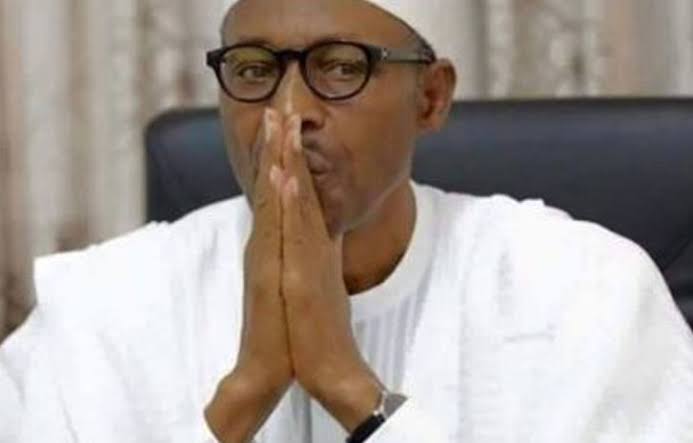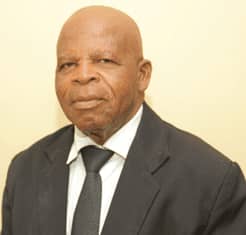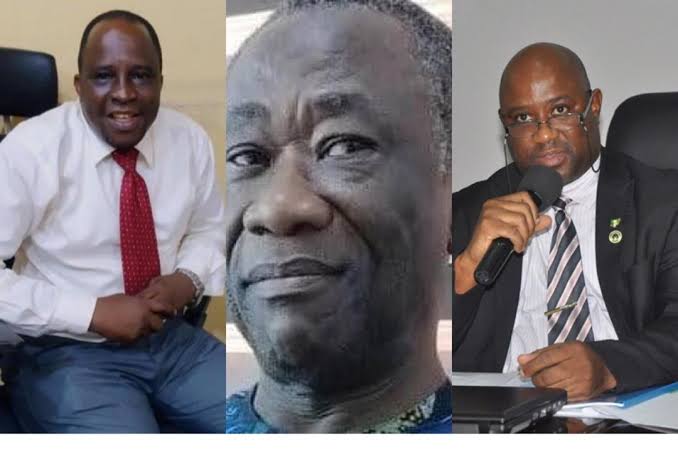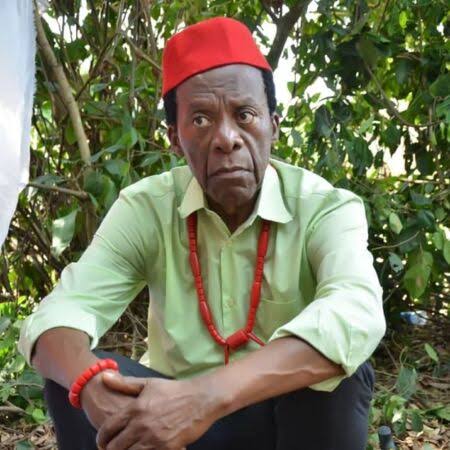A worsening insecurity and a divided house

By Dr. Dons Eze
There is no more playing the ostrich, burying one’s head in the sand while all the other parts of the body are exposed. There is no more pretending that all is well, when the country is on fire. The worst type of sickness is living in self-denial, pretending that one is healthy when he is indeed very sick.
We are happy that Alhaji Lai Mohammed, Minister of Information and Culture, no longer talks these days. As an elder, he must have realized his folly and decided to keep mute, and leave the stage to the younger combatants, Femi Adesina and Garba Shehu.
Since 2015, the impression they always give us is that Boko Haram would soon be a thing of the past, that it has been degraded, that it has been defeated. These, notwithstanding, we still see insecurity in the country assuming worsening dimension, with a lot of precious lives being lost by the day.
Today, Nigeria is not only battling Boko Haram insurgents who are even dictating the pace, attack our soldiers in their bases and inflict heavy losses on them, but is also battling other criminal elements that are springing up in different parts of the country, making the people uncomfortable.
We have in mind, bandits in the Northwest, particularly in Zamfara, Katsina and Kaduna States, which almost on daily basis, despatch scores of people to the world beyond; armed Fulani herdsmen which rampage towns and villages in different parts of the country, kill people in their numbers, burn down houses and destroy farmlands; kidnappers which demand huge ransom before they will release their victims, and sometimes will kill these victims even when ransom has been paid. All these combined, have made security situation in Nigeria hellish, fearful and worrisome.
Divergent views have been expressed as to why this security problem has been in the increase. While some blame it on insufficient weapons, and soldiers in the battlefield becoming tired and weary, others believe that the present Service Chiefs have overstayed, and therefore, that new Service Chiefs, with fresh ideas and new initiatives, should be appointed to replace them.
This standpoint partially aligns with the view recently expressed by Borno State Governor, Professor Babagana Umara Zulum, that the country needs to recruit additional 100,000 soldiers to be able to defeat Boko Haram.
While the Presidency believes that the present Service Chiefs, and the soldiers in the battlefield were doing their best, and were fit and capable of dealing with the security challenges, but blames the situation in Libya as responsible for the escalation and spread of the crisis, some recent memo leaks from Aso Rock, the nation’s seat of power, have however made us to believe that the seemingly intractable security problem in the country, may be a fall out of the power tussle in the Presidency, a divided house at the highest echelon of the administration.
According to the memo leaks, the Chief of Staff to the President, Abba Kyari, and the National Security Adviser (NSA), Babagana Mungono, were fighting each other, they were at loggerheads, even exchanging punches, with the NSA accusing the Chief of Staff of being a major impediment to the country’s security problems through his “meddlesomeness” on security issues.
In the memo leaks, which are now awash in the press, and which nobody has so far denied, the NSA specifically accused the Chief of Staff of sidestepping the President’s directives to impose his own decision for implementation. He further accused the Chief of Staff of bypassing him (NSA), to issue directive to the Service Chiefs, thereby countermanding his own orders.
These are very weighty and serious allegations, which border on sabotage or even treason. Thus, according to the NSA, while the President would issue a definite order, the Chief of Staff would implement a different thing, indirectly overriding the President’s directive, which would be counterproductive in the fight against insurgency.
While the President appears less concerned with this ongoing war between these his two key appointees, we have seen that the Boko Haram insurgents and other criminal elements are taking the upper hand, unleashing terror on Nigerians. How can the war against insurgency in the country be successful when there is a divided house, kingdom fighting against itself? There is no doubt that the disagreement between these two big men in government is seriously affecting the war against insurgency in the country.
For instance, we still could not understand why some people who were captured in the battlefield as terrorists, and as belonging to Boko Haram group, would almost immediately be released and called “repentant Boko Haram members”.
It is possible that these so-called “repentant Boko Haram members”, released into the system were those who later turned round, or who had metamorphosed as Fulani herdsmen, bandits, kidnappers and other criminal elements, now terrorizing Nigeria.
In the same vein, since the Chief of Staff and the NSA have been boxing themselves, they obviously have their different supporters or sympathizers among the fighting forces in the field. As such, you will not rule out the possibility of these fighting forces sabotaging themselves in accordance with their divided loyalties. Perhaps, this could account why Boko Haram insurgents would serially launch surprise attacks on Nigerian Army formations.
In an asymmetrical warfare, such as the Boko Haram war, everybody is a suspect, including your next door neighbour. You will not trust anybody. This is because you may not know where he or she stands.
That is why the current war between the Chief of Staff and the National Security Adviser, is very worrisome. We hope that the President should rise to the challenge and take full control of his government by situating his appointees to where they each belong.



